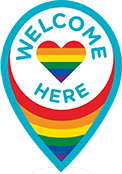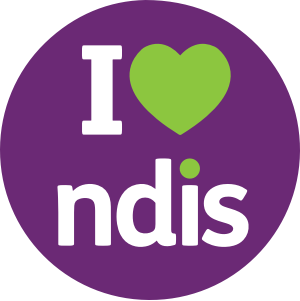Combating Struggles of Acquired Brain Injury (ABI): The Way Forward!
Published: 08 Aug 2017
Even though the virus did not affect my intellectual abilities, including my memory, I do sometimes struggle with paying attention. This may be related to the fact that the virus mainly affected my frontal lobe area. In the early stages of recovery, I noticed some dramatic changes in my behaviour which was somewhat erratic, impulsive and disinhibited at times.
Dealing with brain injuries on a personal level can be difficult at times as they are classified as an ‘invisible disability’. For me, the most of my challenges were overcoming some cognitive difficulties. I found that sometimes it was difficult to relate to my peers, I felt like I didn’t belong.
Following my brain injury, after 9 weeks in hospital I went back to school. I was very excited initially as I didn’t realise that I had some significant changes to my personality. So, it was as if the connections and relationships I had made from kindergarten (age 5) to my then current year (age 16) seemed to have disappeared and I was someone not even I recognised. The main personality change I experienced was that prior to my brain injury I was always very determined but very quiet and could never speak my mind; an ‘introvert’. When I came out of hospital I was the exact opposite; I became an ‘extrovert’. I enjoyed my newfound changes and the company of others. I felt like I was lucky for me being dis-inhibited as I did not feel I needed the approval of others.
It was challenging for me to interact with my peers, as I carried myself very differently. I was not always able to keep up with my friends due to the cognitive fatigue I faced. It was difficult for me as I always felt pressure to keep up with my friends which was a task I was not capable of at that time. I felt like I was left behind in a lot of aspects.
Even though it was unfortunate that I was affected by a brain injury, in retrospect I was lucky by where my brain injury occurred. As it affected mainly my frontal lobe which made me disinhibited which helped me to get on with my own life without worrying. The brain has four functional lobes (frontal, parietal, occipital, temporal) that correspond to control of various activities or functions we perform. Among other things, frontal lobe looks after concentration, impulse control, organisation, emotions etc. with a brain injury, some aspects of these can be affected.
The most frustrating thing for me was that the first impression I gave to people who first meet me was not my true self at all. I don’t feel like a lot of people give me much of a chance as I was not that much straight to the point, which was difficult for me to get my ‘message’ across.
I do not believe that there is an end to my improvements. I have been improving physically and mentally overcoming my barriers. Some people may say that this is it and the rest you have to get used it. But I know, the brain can have new paths. There is no such thing as only one way to deal with a problem. We acquire new knowledge, strategies, experience and relationships all the time.
I am managing my issues and going forward thank to my parents, siblings, friends, and support groups. Even though my lifelong childhood friends are spread out we always keep in touch. I am studying professional courses aiming to get a stable job, get settled and to have a normal life. I am sure that it is not going to be that far away!
Read the first part of Nimali’s story, here.




